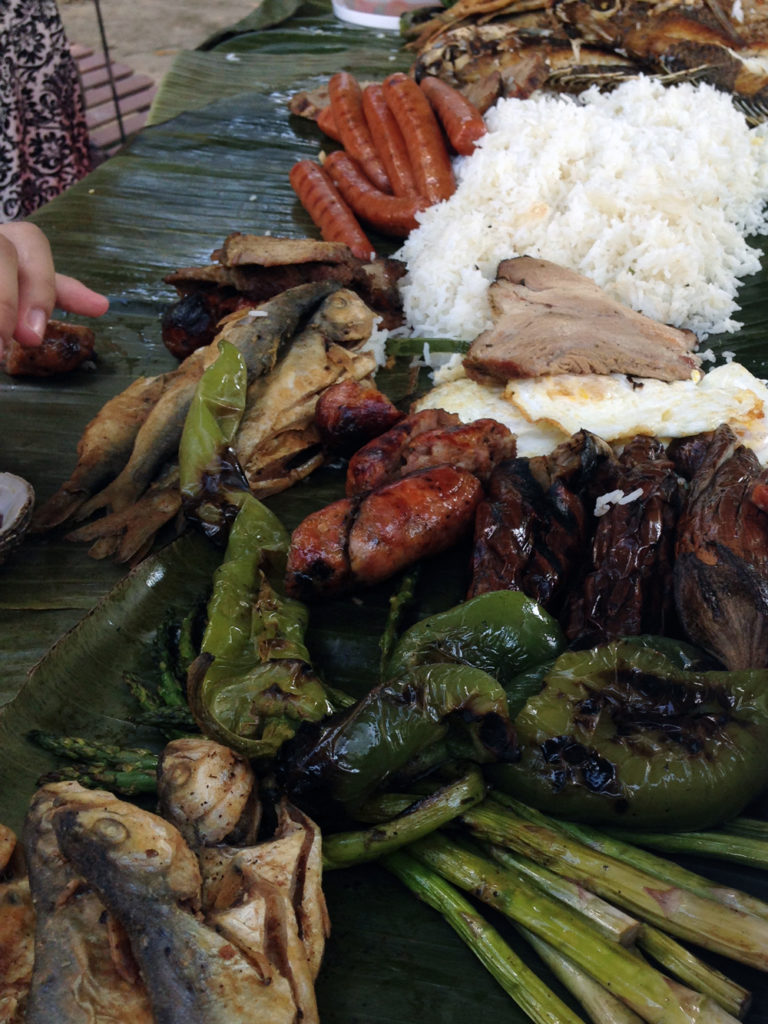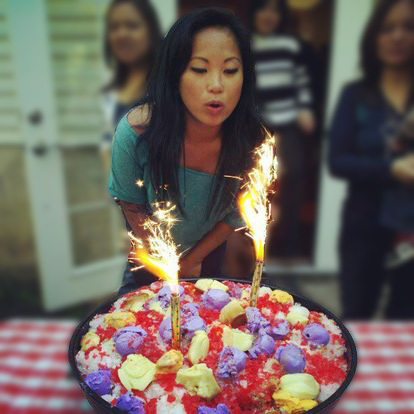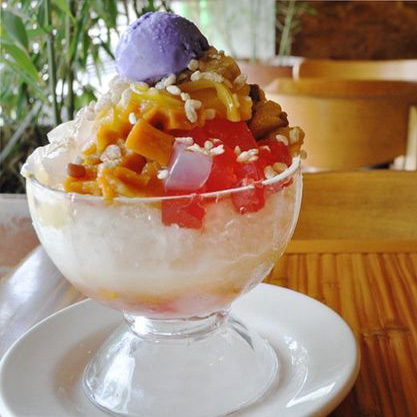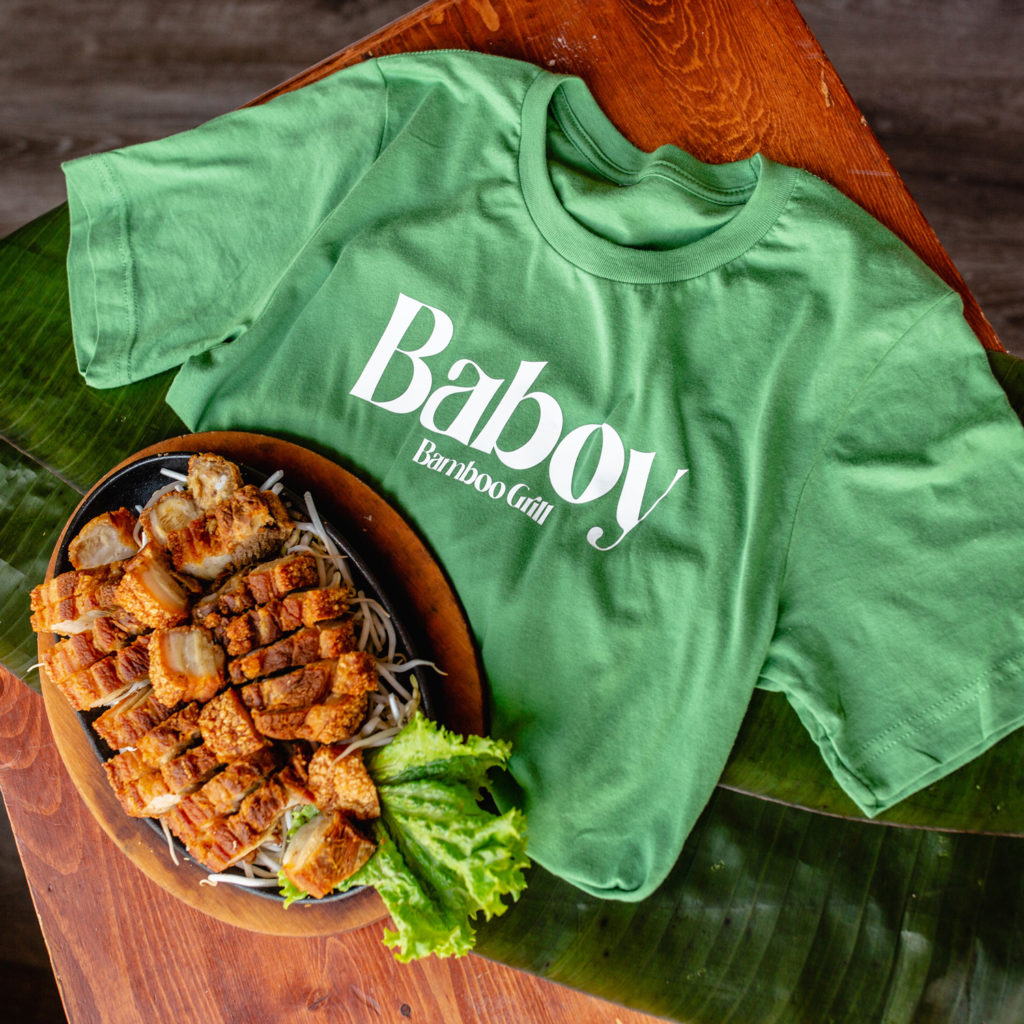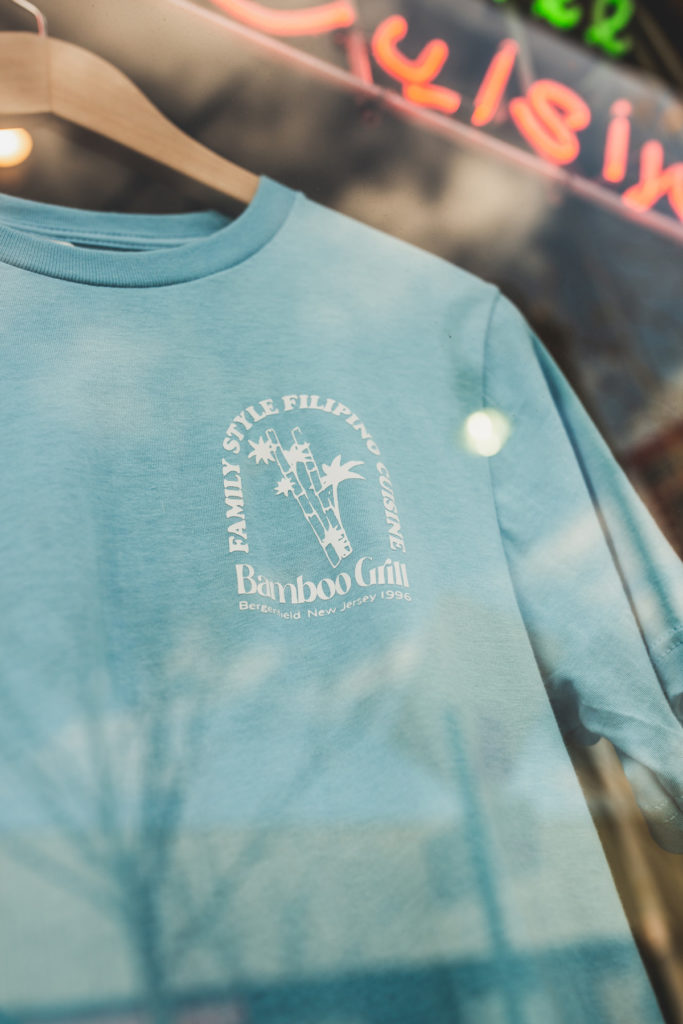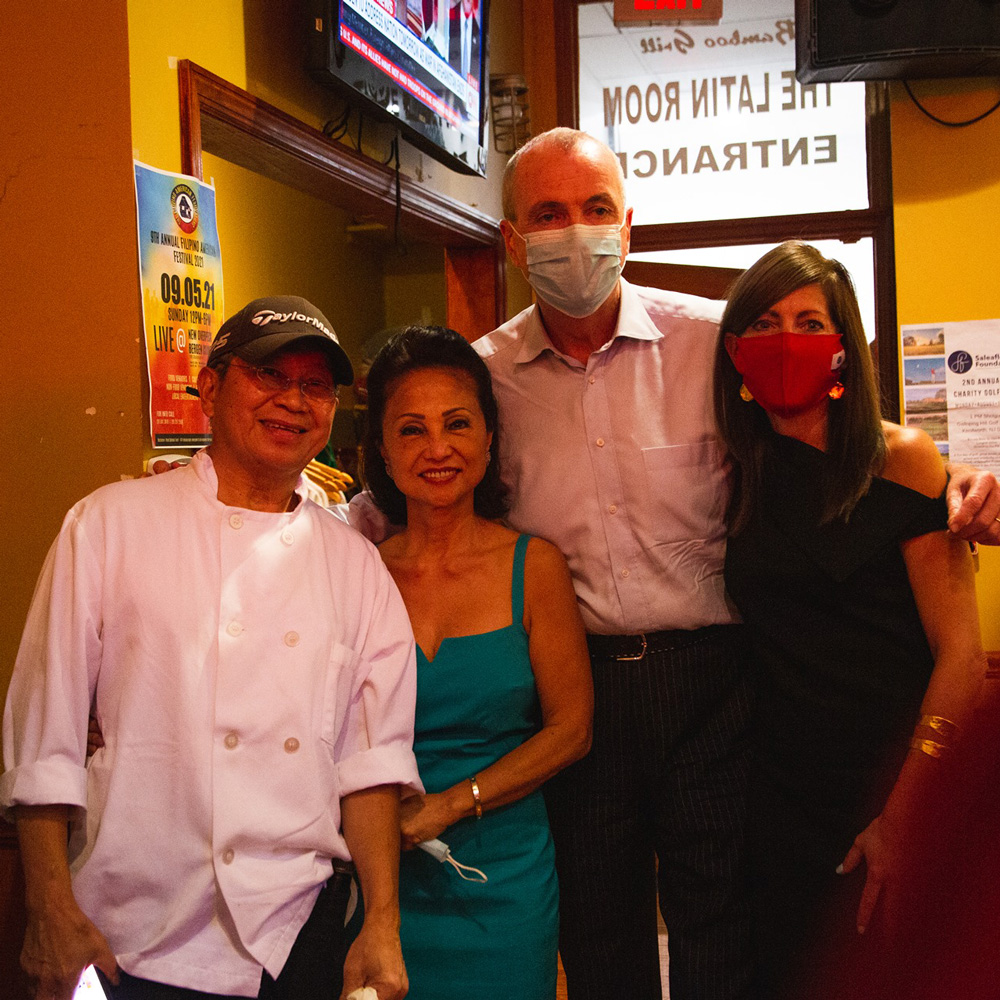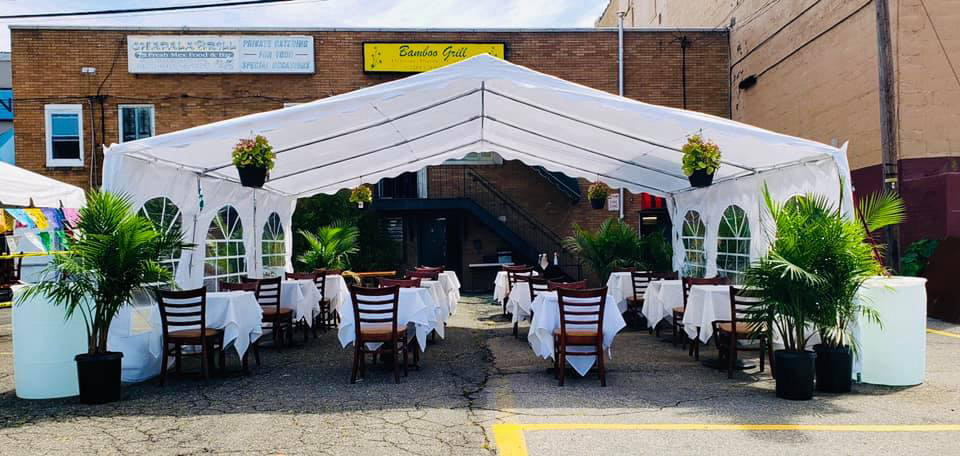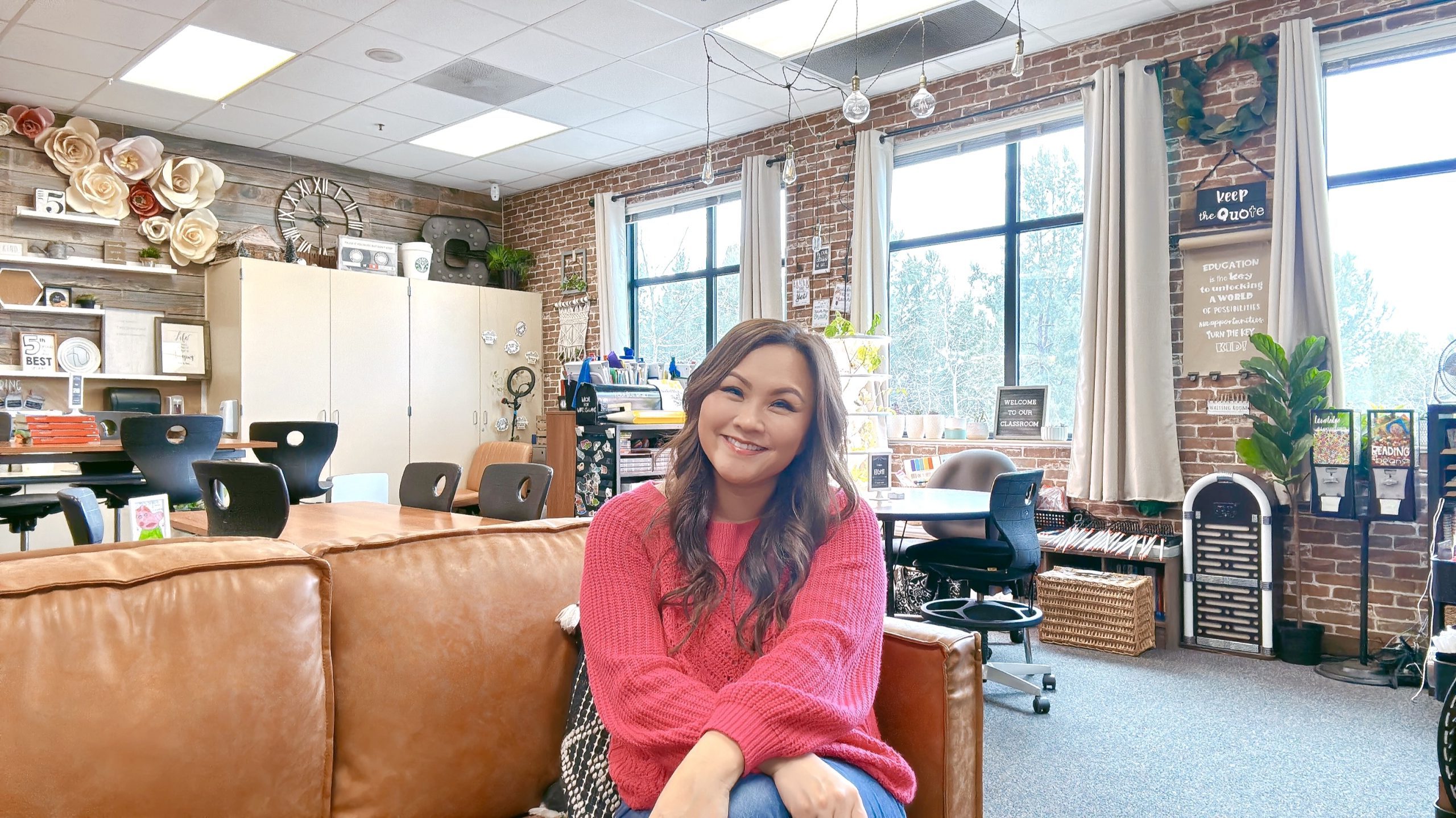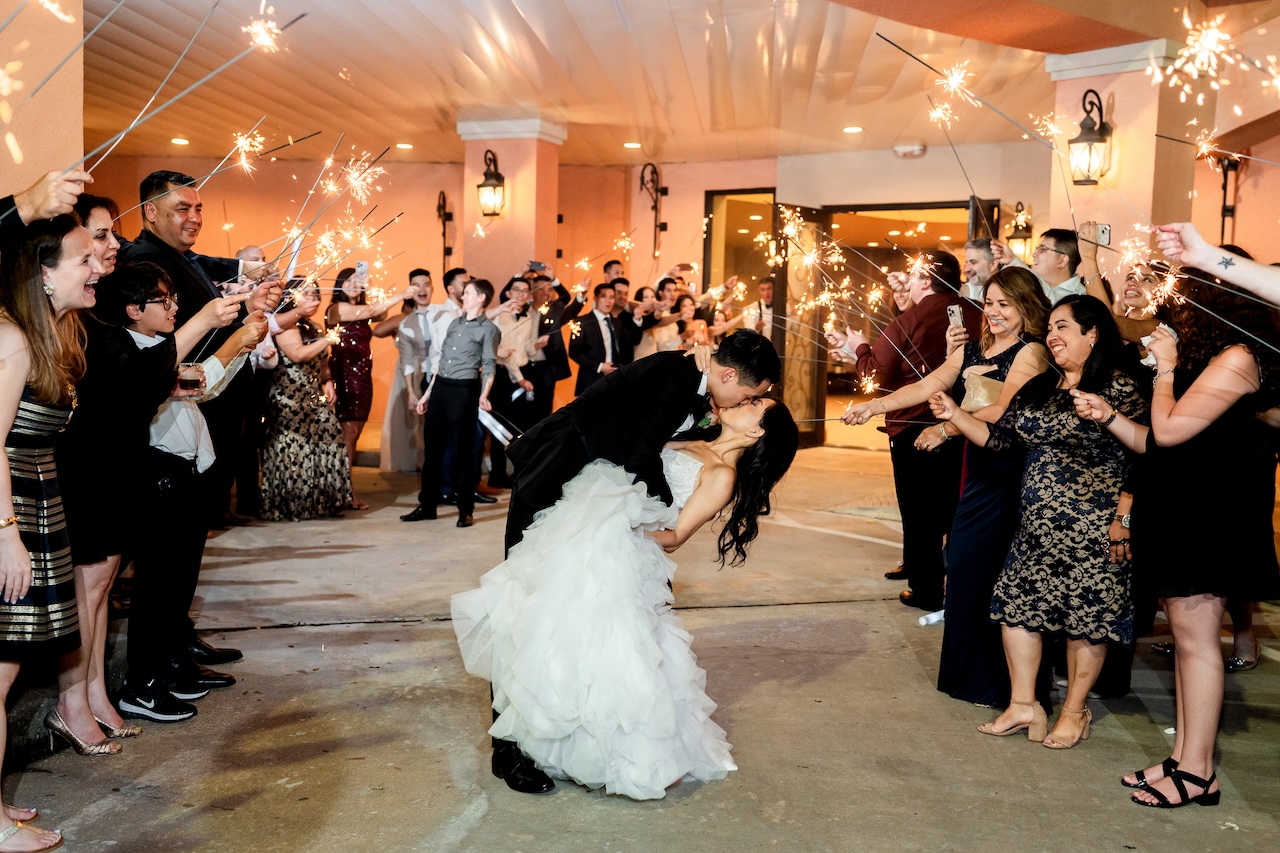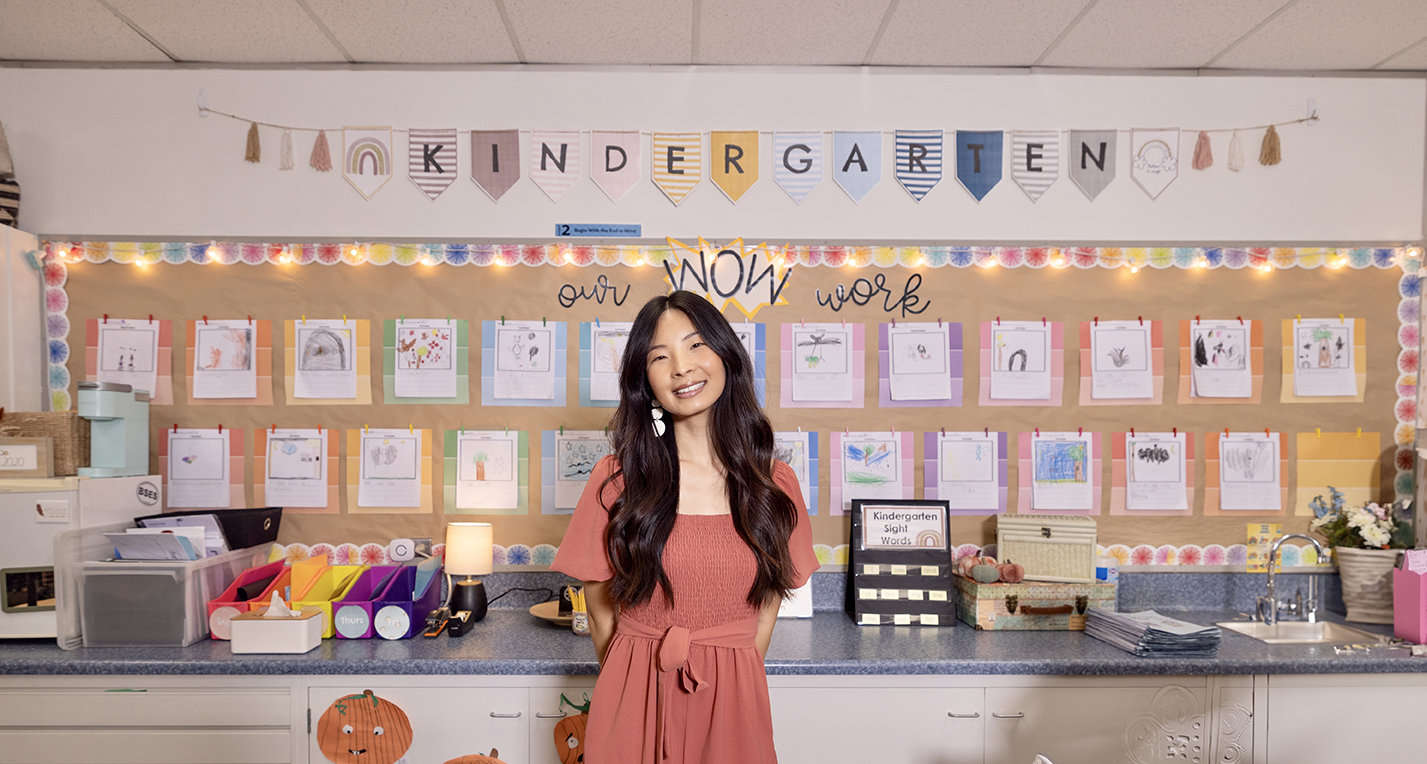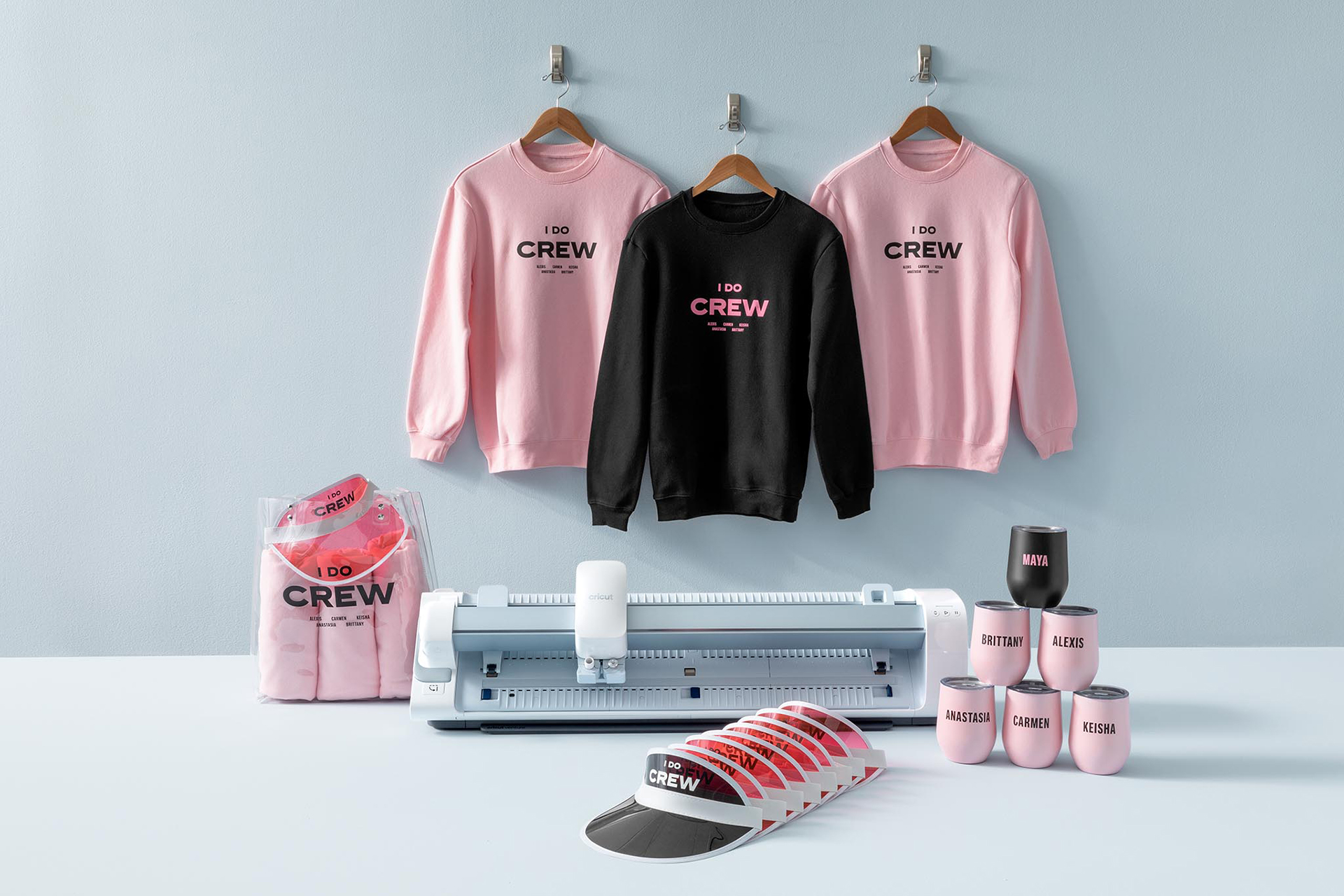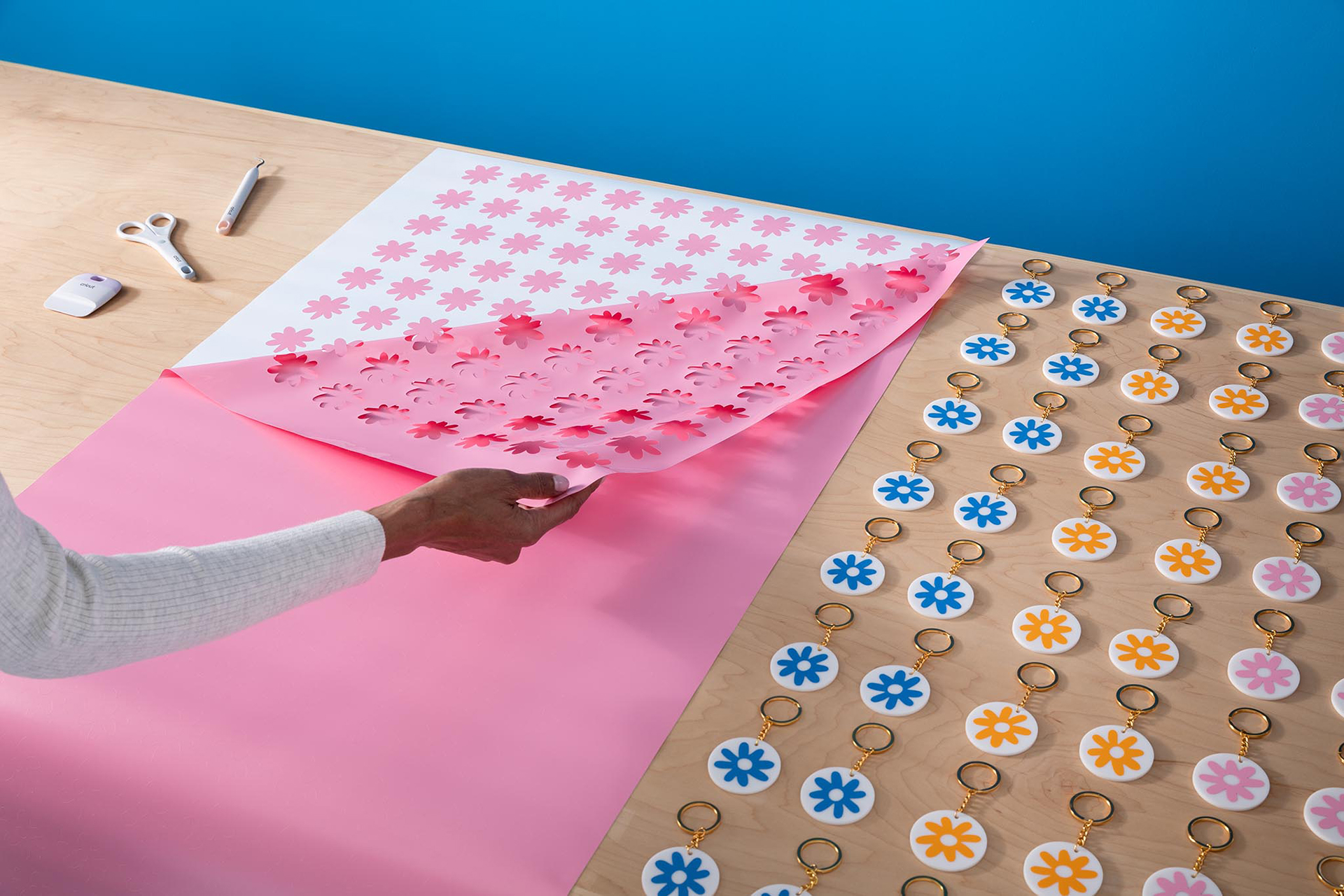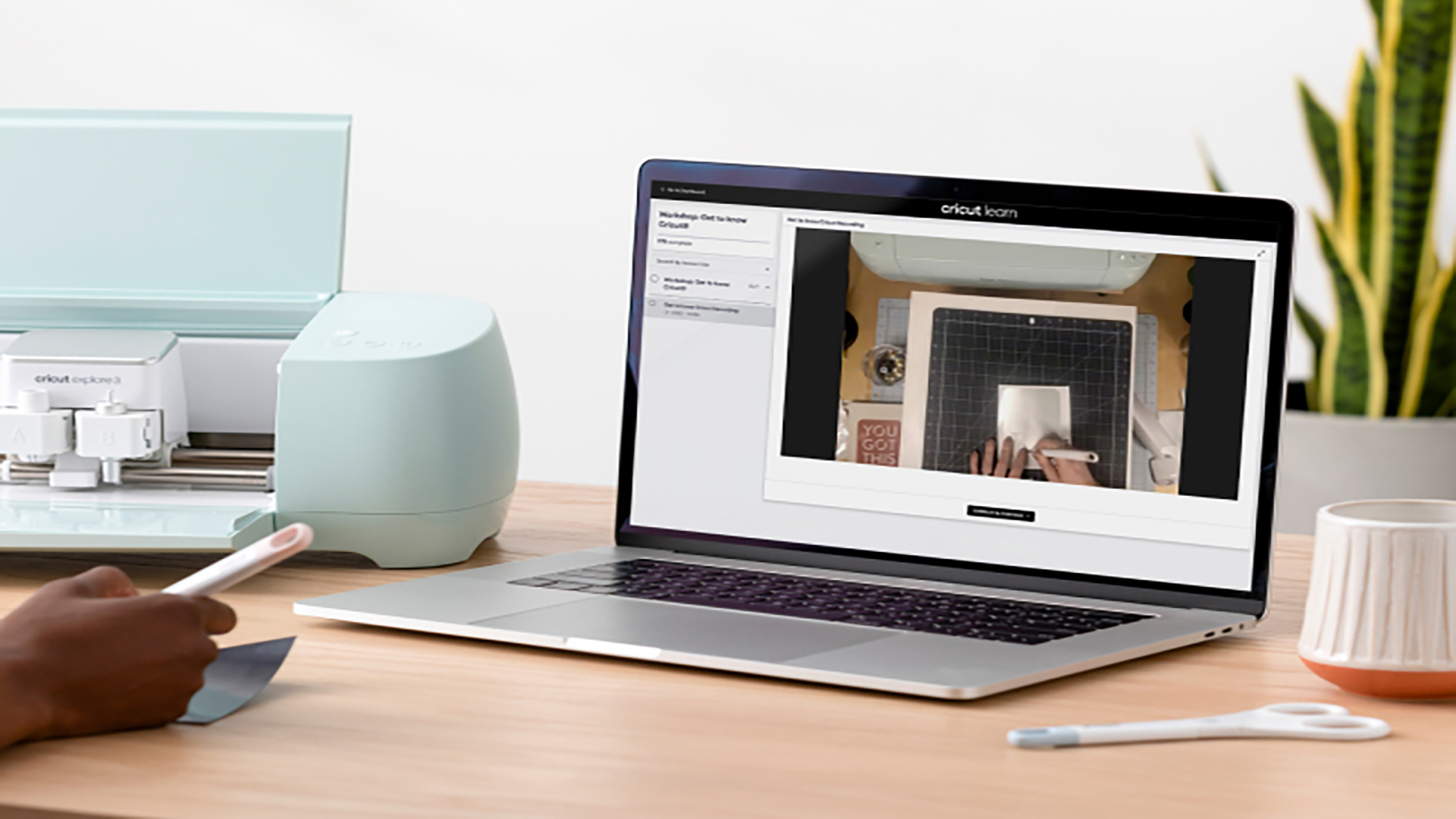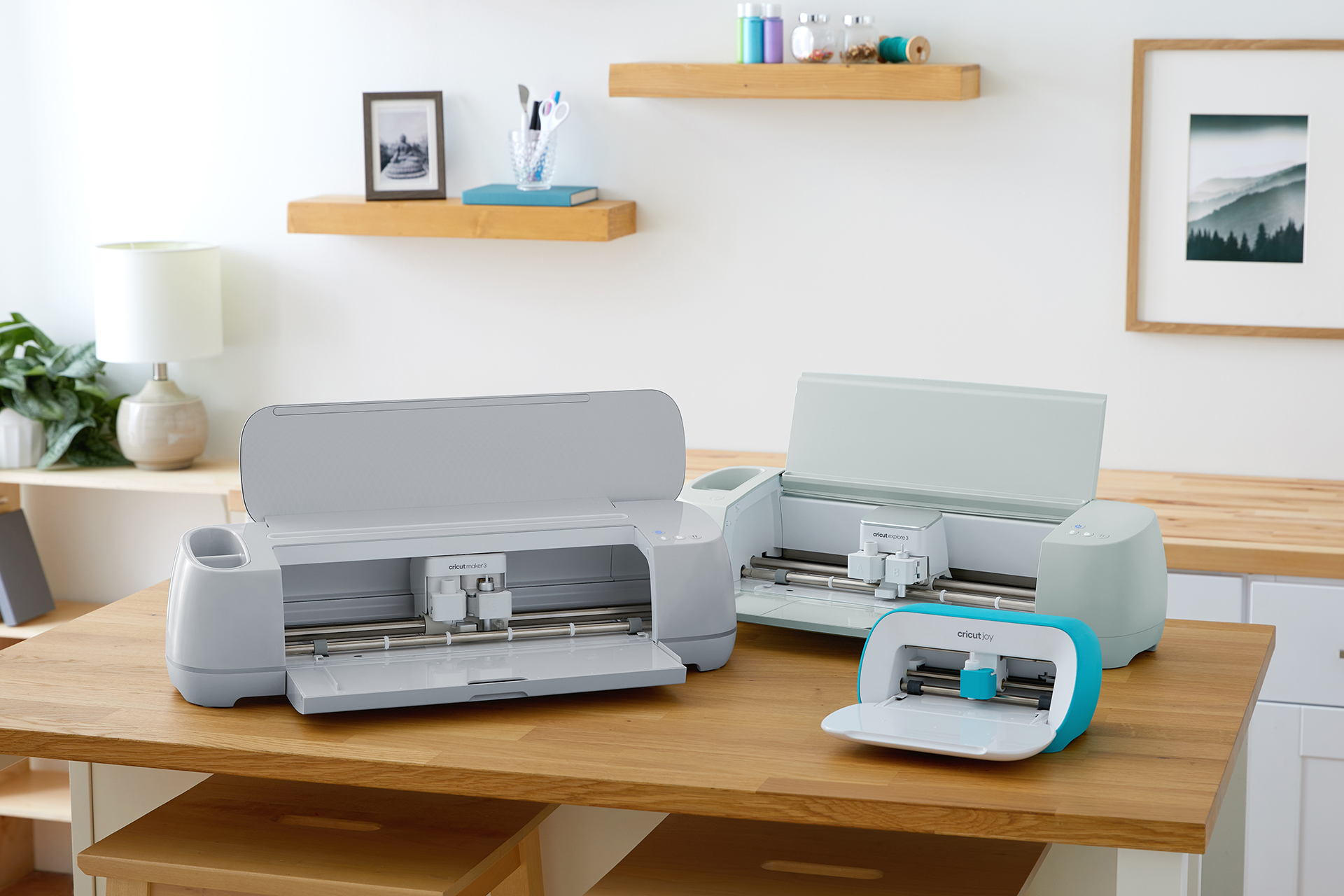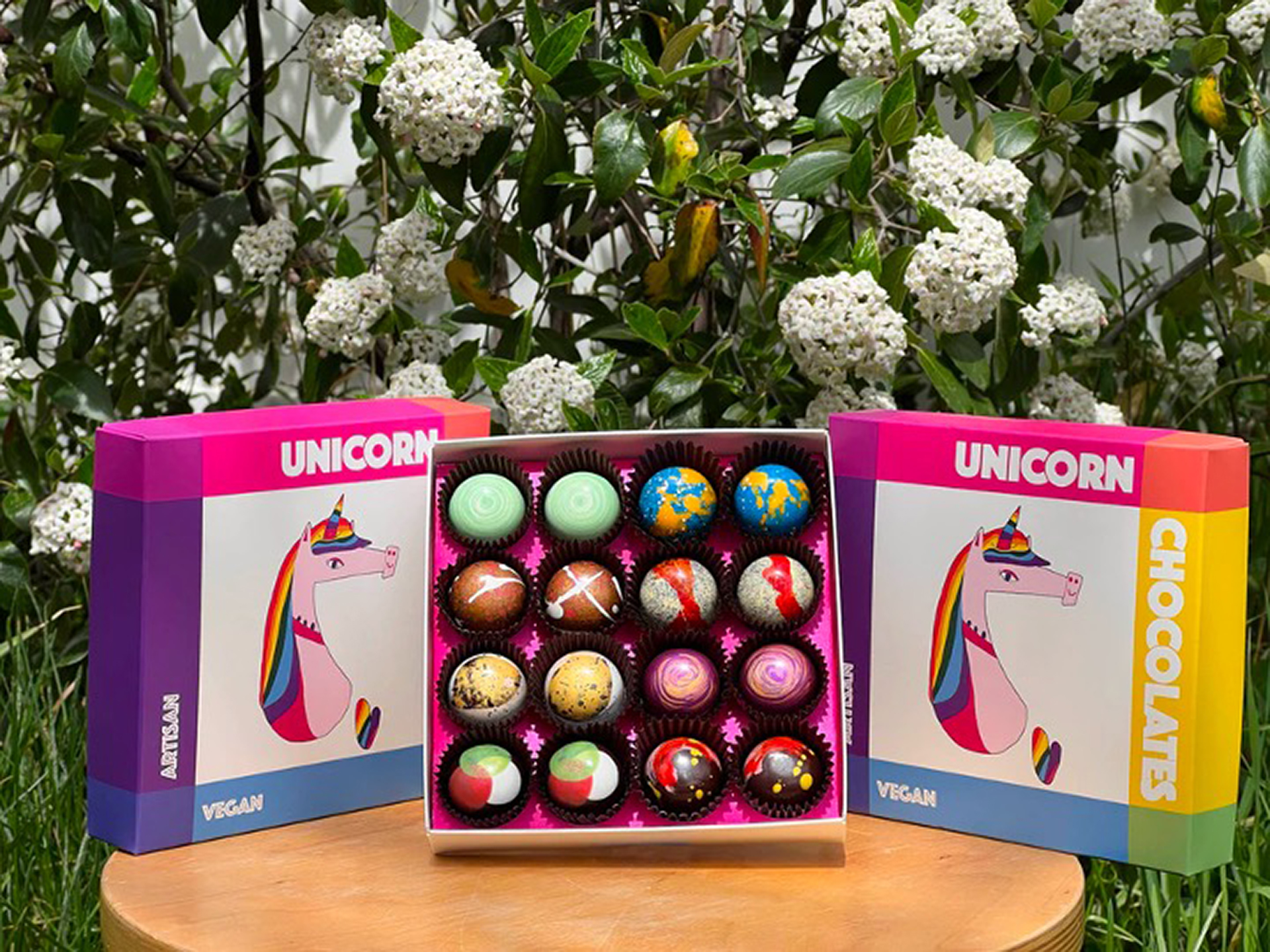
Filipino-American restaurant Bamboo Grill spreads awareness with Cricut
Filipino-American restaurant, Bamboo Grill, sees the opportunity to create and sell goods with Cricut as their way to spread awareness.
U.S. Congress acknowledged October as Filipino American History Month in 2009. Since then, the movement to drive awareness to the legacy of the Filipino-American culture in America has grown exponentially.
As a first generation Filipino-American with deep roots in the U.S. and Philippines, family always placed first in my priorities. Starting with both sets of grandparents through my full extended family, my exposure to our culture was steady and ever full of life lessons. And for most of the memories I have with family — my past, the ones I’m making today, and future memories — there’s one constant: food is always involved.
Maybe it’s the algorithms on my Instagram and TikTok feeds, but I feel like I’m constantly seeing Filipino foods in mainstream culture — and I love it. Some may sound familiar to you, like adobo or lumpia (Filipino-style spring rolls). Growing in popularity are foods like ube (made from purple yams) and halo-halo.
In nearly every culture, food holds an important role. Recipes get passed through generations, connecting the present to our history. And sharing this appreciation of culture with others is such a wonderfully (and tasty!) eye-opening way to do so.
Bamboo Grill, a Filipino-American restaurant
In Bergenfield, New Jersey, a branch of my family runs a well-known local Filipino restaurant, Bamboo Grill. When I learned that they had started using Cricut machines for their business, I excitedly asked to share their story.
They started with signage but quickly moved to shirts and other personal apparel and goods. They saw their brand refresh as an opportunity to both spread awareness and show advocacy of their restaurant and the foods it makes. Using Cricut products allows John, now a professional creative manager for a major consumer company, to create quick experiments with his sisters to see what works for the restaurant. Shirts like the below take them less than a day to conceptualize, design, and create thanks to their use of Cricut machines. As they see staff and customers reactions and adoption of the designs, they create more. These customized apparel designs propel their word-of-mouth marketing.
How it started
Founded in 1996 by Lito and Lynnette de Guzman, they started Bamboo Grill in the pursuit of the Filipino-American dream. They wanted to show their children — Tiffany, Kimberly, and John — that providing for their family in America while also honoring and showcasing authentic Filipino culture for the community at large was possible. They took a huge leap of faith to leave their traditional factory jobs and decided to work for themselves.
However, their gamble was worth it. Offering traditional Filipino food in an area with very few culturally diverse options proved to be strong business. They quickly expanded and grew their offering — including offering catering for large parties that they couldn’t accommodate in their brick and mortar.
For Tiffany, Kimberly, and John, growing up with Bamboo Grill gave them more than a sense of appreciation for these traditional foods. Each of them worked in the restaurant for their first job — an opportunity that instilled them with skills and values they carried on well past the time they left home.
When asked about the family business, they said, “Our dad likes to call it his ‘Bamboo Grill Training Academy.'”
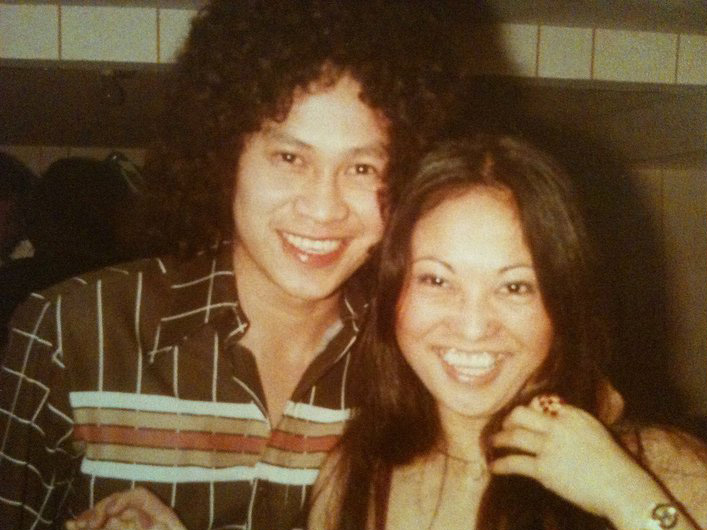
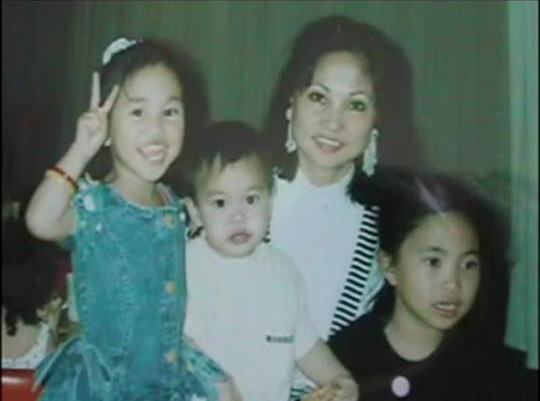
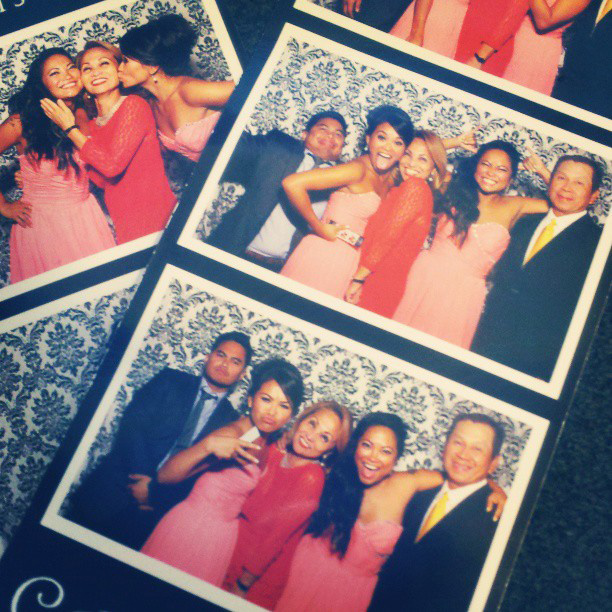
The Bamboo Grill “Training Academy”
They explained, “You build a work ethic and learn more about business before you go and pave your own path. We watched our parents work hard, take risks, and build a network. It taught us to be braver in our decisions – feeling less fear to fail. We’ve all ventured out on our own journeys into different professional fields. And now, we can bring the professional skills we’ve developed back around to Bamboo Grill.”
Not all was rosy, however. It took time to understand what lessons they were learning. Tiffany, Kimberly, and John continued on to say, “Growing up, there was also a love/hate relationship with the restaurant. Our parents would spend a lot of time working. We didn’t realize until we were older that the hard work they were putting in was the reason for their success. Now, we want to help build on the legacy they’ve created.”
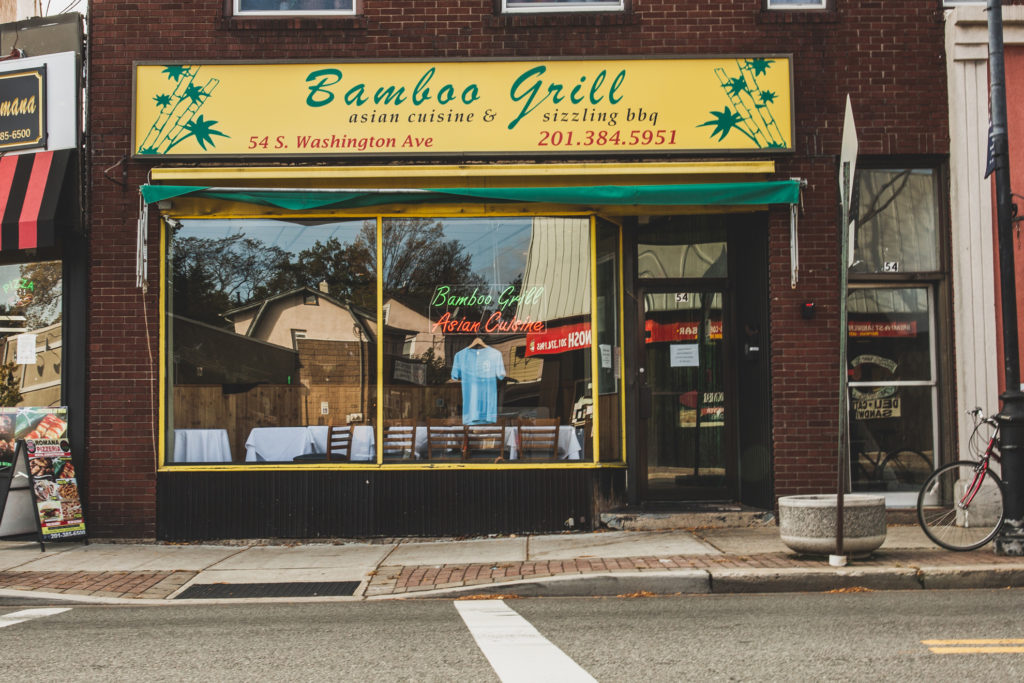
Bamboo Grill has always served as more than just a place for good food. The restaurant also functions as a community venue. As the restaurant business expanded, so did their brick and mortar footprint. In the back, they built party hall for regular entertainment offerings. Often, you can find ballroom dancing events and classes, as well as private parties, birthdays, and any type of celebration. In fact, Governor Murphy of New Jersey even recently stopped there to speak with the local Filipino and AAPI community.
We like to think of the tables of the restaurant and party hall as extensions of our family’s dining table. You gather around to eat, but you also share more than just food. You share good times, conversations, and experiences.
Tiffany, Kimberly, and John de Guzman
Contributing to Filipino-American culture in the U.S.
The de Guzman family remarked, “It feels great to contribute to the momentum of Filipino-American culture. There is such a rich heritage of Filipino food, music, fashion, and art that has been experienced almost exclusively by native and first-generation Filipinos. But we’ve found that the more we share our culture the more it is celebrated, and things that were niche experiences can become part of the greater story of the American melting pot.”
Today, Bergenfield, NJ is labeled as the Little Manila of New Jersey. As one of the first Filipino businesses in town, Bamboo Grill is also the longest-standing. The de Guzman family said, “We hope that our restaurant helped foster the growth of the Filipino-American community in North Jersey.”



